a mind in a marble in an echoing, wide open world far far away from you, i run. only then to stop suddenly. and a shout rings out as i cry in circles… turning into a tune, that begins to play, splintering from the last letters of scream. and I'm thrown into a nightmare. my breaths beating, unsteady. imagining the end, of everything. the tune, the world, the screams, my life, you. who waits at the end, holding a gift wrapped in red, that melts when i reach out causing the iron stench of blood to pinch my mouth from nowhere and everywhere all at once. this isnt something i want. just something given to me, something expected of me, but not quite not yet me. nevertheless, i take this gift for now. because something else red taints my vision. love or possibly hate for the tune, the world, the screams, my life, you. who has, given everything, knows everything, loves everything. just as i will. but you, are not quite, and never will be me.
Category Archives: CHAOS
Poetry from J.D. Nelson
Seven Untitled Monostichs
not I firefly nachos
—
sigmund’s gloom beware of cocoa
—
gallon of paint born in the ferns
—
philmont ranch dressing roomba is the ghost
—
one murph ammonia the corn cob pipe of sss-ss-ssss
—
sādhanā minestrone moon
—
you lean back a presto phenom
—
bio/graf
J. D. Nelson’s poems have appeared in many publications, worldwide, since 2002. He is the author of ten print chapbooks and e-books of poetry, including *Cinderella City* (The Red Ceilings Press, 2012). Nelson’s first full-length collection is *in ghostly onehead* (Post-Asemic Press, 2022). Visit his website, MadVerse.com, for more information and links to his published work. His haiku blog is at JDNelson.net. Nelson lives in Boulder, Colorado, USA.
Essay from Steven Mayoff
Waxing Lyrical
“Oh, mama, can this really be the end? To be stuck inside of Oslo with the Nobel Prize again.”
This was my Facebook post, a kneejerk reaction when I first found out that Bob Dylan had won the Nobel Prize for Literature in 2016. The same year that Donald Trump became president of the United States of America. I’m not sure which depressed me more. No, that’s a lie of course.
But it was close. One thing I knew for sure, in both cases guard rails were in danger of being torn down.
I consider Dylan one of my cultural heroes. When I first started writing in my late teens and early twenties in Montreal during the 1970s, it was mostly poetry with a growing interest in
lyrics, occasionally collaborating with musician friends and acquaintances. Although I had a deeply hidden aspiration to write fiction, I didn’t attempt prose until the early 1980s, while still
in Montreal, and then again in the mid-90s in Toronto. I only started focusing seriously on fiction after I moved to Prince Edward Island in 2001 at the ripe old age of 45.
These days I consider myself primarily a fiction writer who also writes poetry and lyrics. A bit of a turnaround from where I started. So, it is with some interest (and a healthy dose of bewilderment) that I find lyrics cropping up more and more in my fiction. It started innocently
enough with a short story that appeared in my first book. An anonymous love note causes a rift in the relationship between a couple because neither knows which of them it is for. One of them
is an aspiring songwriter and, seduced by the note’s poetic language, sets it to music. In my next book, the lyrics of a ditty written for the female protagonist by her composer cousin (with whom she is in love) become a recurring motif that acts as a kind of connective tissue in the novel’s non-linear structure. My latest novel includes lyrics for a satirical revision of Leonard Cohen’s masterpiece Hallelujah.
Now, if Leonard Cohen had been nominated for the Nobel Prize, I probably would have let it slide, since he actually wrote novels and poetry. Sure, Dylan wrote Tarantula, a book of stream-
of-consciousness rambling, but it’s hardly Nobel-worthy. As I understood it, he won the prize on the basis of his main body of work, his lyric writing. The grey area here is that many consider
Dylan a poet, which I can’t argue with. And yes, his lyrics have been compiled in books. Still, it just didn’t sit right with me.
The announcement that he had won spread like wildfire throughout the media. The controversy, at that time, was that he had not formally accepted the prize. The Nobel committee was growing frustrated that Bob was taking his sweet time in getting back to them. I was actually
holding out hope that he would turn it down. But after he finally decided to accept the prize, in his speech at the ceremony, he justified this decision by claiming to have been influenced by
literary giants such as Herman Melville. All well and good. I can make the claim that my fiction has been influenced by many great musicians and that music itself is a driving force in my
stories. But I don’t reasonably expect any of my books to be nominated for a Grammy or a Juno.
Or maybe I should?
The thing is, a snatch of lyric here and there is a common enough occurrence in many stories and one might think I was merely filling my quota, but lately I’ve begun to double down on the lyric content in my fiction. I recently wrote a yet-to-be-published novella set in a club that is a combination cabaret and bordello. As such, there is a song lyric in each of its nine chapters. The lyrics are meant to be commentary on the story as it unfolds and I think of the novella as a kind of literary musical. In my current novel-in-progress, a struggling middle-aged poet is writing a memoir of when, in his late teens and early twenties, he was the lyricist in a rock band during the
late 70s and early 80s. Every chapter will open with a full lyric, representing the songs on the unreleased album the band recorded. The impetus for the novel came from a long-held fantasy
from my adolescence of being the resident lyricist in a rock band like Keith Reid in Procol Harum or Pete Sinfield in the early King Crimson.
What exactly is going on here? The idea of lyrics as literature has always been anathema to me. In 1981 I began collaborating with a composer. For twenty years we wrote songs and tried our hand at a few musical theatre projects. During that time, I slowly gained some understanding of the relationship between words and music. Often, my deep-seated yearning to write fiction found its way into my lyrics, giving them a literary tone. At times, my composer partner found
them a bit unwieldy to sing and, in the course of setting them to music, words fell by the wayside. The music itself was acting as an editor and I soon learned that simpler language was better suited to singable melodies.
In the comments section of that original Facebook post, where I satirized the refrain from Dylan’s song Stuck Inside of Mobile with the Memphis Blues Again, I opined that if a lyricist had to win the Nobel Prize, it probably should have been Stephen Sondheim. Aside from being a great admirer of his work, I felt it somehow more appropriate that he be bestowed with such an honour. Perhaps it’s because in an interview, Sondheim shared some wisdom that his mentor, Oscar Hammerstein II told him. Essentially, lyrics are not poetry, they are text, but when paired with the right music they become elevated to poetry. This is often borne out by the fact that much of the time, lyrics don’t stand very well on their own and, when spoken as poetry, often
tend to fall flat. Whenever I see lyrics to popular songs on the page, I invariably hear the melody of the song in my head. The words don’t seem to make sense without the music. I don’t care if we’re talking about the lyrics of Bob Dylan, Leonard Cohen, Jim Morrison, John Lennon or anyone else who’s been saddled with the mantle of rock poet. The words carry the meaning, but it’s the music that gives them their thrust and etches them in our memories.
Maybe it’s my own particular bias, but I think that if anyone’s lyrics were going to be described as “literary” and awarded the Nobel Prize it would be Sondheim’s. Then again, maybe I assumed that he would have had the humility and the grace to turn the thing down.
Given my firmly entrenched view of the unliterary quality of lyrics, I ask again, what’s going on? What is this need to contradict myself and let lyrics sprout like unsightly weeds throughout my fiction?
Around the time I moved to PEI, my composer partner and I stopped writing together. I wanted to focus more on fiction and poetry and he had his own projects and interests to develop.
Another twenty years passed, during which I’d sometimes get an idea for a lyric and let the muse lead me where she may, even without the prospect of music to come. Every now and then, he
and I would mention writing again, although it never went any further than that. It was only during the Covid lockdown of 2020 that we finally started writing together once more. A few songs ensued until he asked if I’d be interested in collaborating on a rock opera, which we did over the next couple of years and it will soon be staged for the public.
One might expect me to be content to let my lyrics keep their natural place in the occasional collaborations with my composer partner. And yet, I found myself frustrated and could not help envisioning a more prominent role for lyrics in my writing life. When I began to see more
opportunities to include them in my fiction, I decided to throw caution to the wind, despite my nagging doubts about what I hoped to achieve.
While I still maintain that lyrics in themselves have no literary value, I’d argue that in the context of the novels and short stories in which they appear, they take on a life of their own. The fictional worlds I create only exist in the reader’s ability to make sense of squiggles on a page, to translate them into ideas, emotions, sights, sounds, smells, and tastes through the interactive magic that is reading. Is it too farfetched to expect that, presented with a song lyric in the context of whatever story is being told, the reader will also provide, through their own inventive mentality, the music that would elevate those words to the level of song, as if hearing it with the inner ear, the same way they experience a scene through the mind’s eye?
Perhaps it’s a lot to ask and, I suppose, a lot to expect.
All I know is that I’ve staked the last twenty or so years of my life on the power of words and my ability to coax an alternate reality from their meaning and their music. The craft and art of the writer culminates into what is best described as the illusion of authenticity. This is a bargain struck with the reader that their suspension of belief will pay off in a story that will engage their emotions and exercise their intellect. In the end, the writer’s journey is to push beyond the
boundaries of their own cherished beliefs and obstinate ideologies and use whatever is at hand as the connective tissue between where we are and what we can imagine.
The big question now is, if my next novel is miraculously nominated for the Polaris Music Prize, will I listen to my Sondheim angel perched on one shoulder or my Dylan angel roosting on the other? While it’s tempting to quote Stephen, regarding such an odd couple for my guiding voices with, “Isn’t it rich? Are we a pair?”, at this hypothetical point, I have to side with Bob’s sage observation: “When you got nothing, you got nothing to lose.”
Synchronized Chaos December 2023: The Unfurling Canvas of Time
We continue to express sorrow over what’s happening in so many different parts of the world and encourage our readers to support people and the planet.
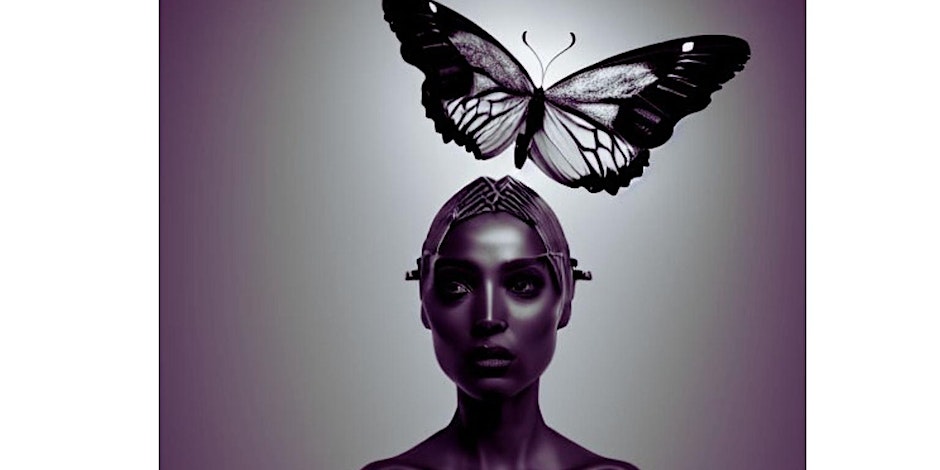
Also, we are hosting our Metamorphosis gathering again! This is a chance for people to share music, art, and writing and to dialogue across different generations (hence the name, the concept of ideas morphing and changing over the years). So far photographer Rebecca Kelly and English/Spanish bilingual poet Bridgett Rex are part of the lineup and more are welcome! This event is also a benefit for the grassroots Afghan women-led group RAWA, which is currently supporting educational and income generation and literacy projects in Afghanistan as well as assisting earthquake survivors. (We don’t charge or process the cash, you are free to donate online on your own and then attend!)
This will be Sunday, December 31st, 2-4 pm in the fellowship hall of Davis Lutheran Church at 317 East 8th Street in Davis, California. It’s a nonreligious event open to all, the church has graciously allowed us to use the meeting room.
You may sign up here for event reminders. RSVP appreciated but not required.
This month, as we prepare to exit 2023 and enter a fresh new year, we contemplate the unfurling canvas of time.
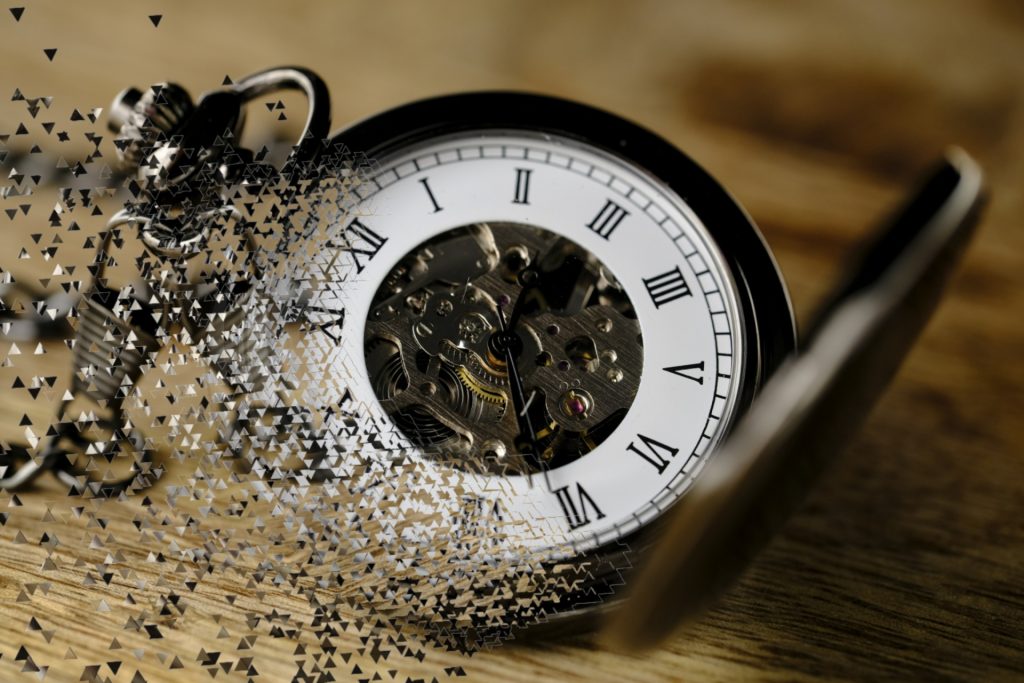
Misha Beggs renders the passage of time into pieces that tenderly trace the soft wooden shape of a guitar and the lines on human faces.
Grzegorz Wroblewski’s mixed media pieces situate their creator in time, reflecting how we are simultaneously physical and spiritual/emotional beings.
John Mellender relates narrative poems of history and humor and survival while Stephen Jarrell Williams finds moments of hope and comfort in a collapsing world.
Bill Tope’s work reflects the effects of institutional dehumanization and slow long-term trauma on a person. John Edward Culp illustrates the renewal we can find in nature and through the intentional movement of our bodies.
Ayganim Beknazarova celebrates the promise of the spring Uzbek New Year celebration and Sayani Mukherjee proffers up a rich, lush take on an edible hibiscus.
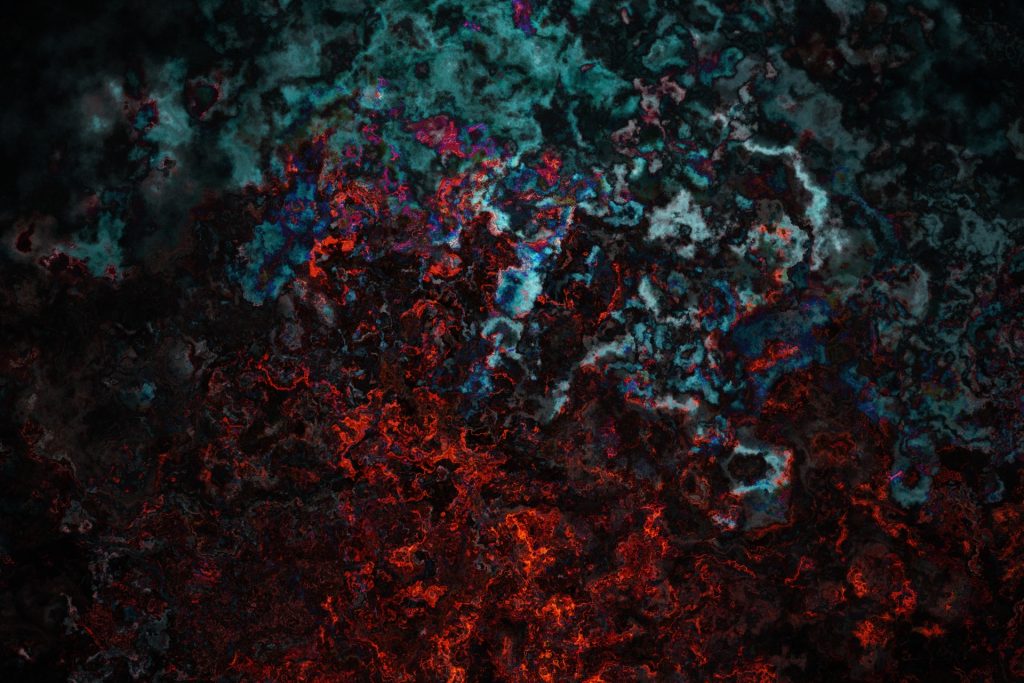
Brian Barbeito contributes a poetic take on birds during autumn’s transformation into winter while Aklima Ankhi envisions herself migrating along with sea creatures as she traverses a beach. Alan Catlin evokes environmental change and ruin through his burned-out and storm-ridden landscapes.
Doug Hawley’s humorous tale of Hell freezing over draws on today’s environmental and political headlines.
Duane Vorhees explores sensuality and life’s mysteries through a series of off-kilter poems, and Patrick Sweeney captures people and places within short phrases. John Tustin plays with childhood memories, attraction, and the allure of nature in his collection.
Odina Abdumuminova‘s piece concerns an artist who draws a beautiful clock and yet fails to capture the passage of time. Chukwuemeka Victoria Chiamaka urges us to make the most of our time, as life’s flickering roses will fade away.
In this spirit, Isabel Gomes de Diego’s photography approaches everyday scenes as if they were museum exhibits and Daniel De Culla showcases the chubby Buddha figurines so common in restaurants, highlighting joy and mindfulness in the everyday that will allow us to experience and transcend the mundane.
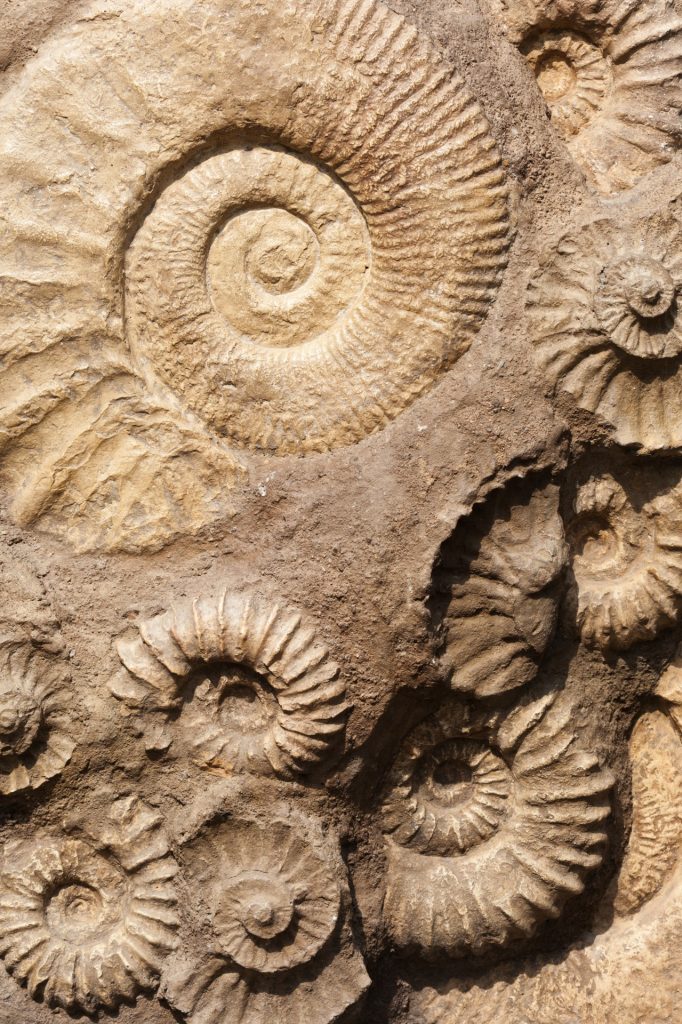
J.D. Nelson’s work presents uneasy but oddly familiar juxtapositions, as if he’s scanning a room. Mark Young intersperses pop singers and avant-garde artists into his abstract work.
Christopher Bernard presents a gentle, abundant Christmas shopping scene where people have the luxury of only small problems.
Perhaps in a celebratory mood gone awry, Patricia Doyne laments the struggle of opening boxed wine. Tom P. finds moments of ceremony within his personal memories, as well as humor and memorable characters.
Human knowledge and history represents and comprises its own historical timescales.
Irene Koronas takes us on an odyssey of verbiage and color theory while Daniel Y. Harris crafts a mashup of hacker technology aesthetics and Whitman humanist poetry.
Mickey Corrigan explores the life of writer Patricia Highsmith through poetry. Don McLellan relates the perennial writers’ struggle of finding a publisher and an audience for their work. Jerry Langdon laments in a poem reminiscent of a horror fantasy how his poetic words can never match or illustrate the frustrated sentiments of his mind.
Z.I. Mahmud probes class, money, and satisfaction in Charles Dickens’ Great Expectations, the power of romance as resistance to an untenable social order in William Shakespeare’s Romeo and Juliet, and self-development in Jane Austen’s Pride and Prejudice.
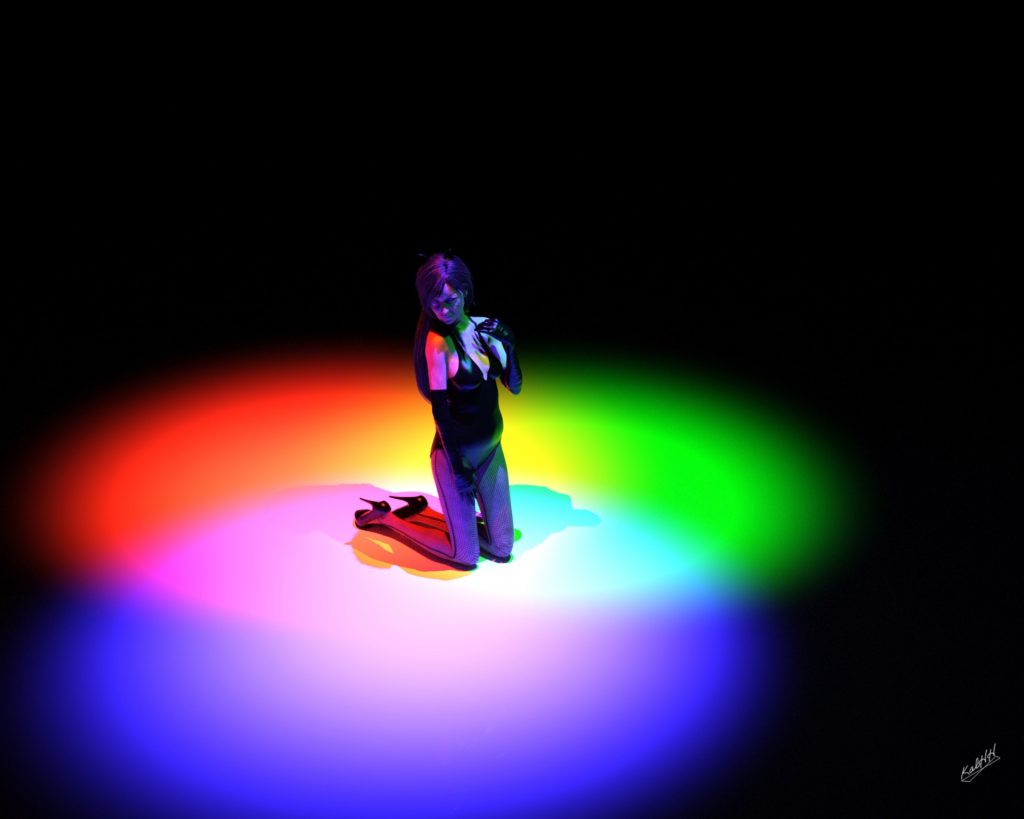
Elan Barnehama’s piece is an excerpt from his upcoming novel Escape Route, concerning the son of a Holocaust survivor who hopes to avoid the anti-Semitic persecution he fears will come to the United States.
Norman J. Olson traces his journey through Riverside and Rome and his experience of much smaller catastrophes, such as illness and security hangups.
Other contributors speak to personal growth and moving through stages of life.
Alison Gadsby’s piece aims to convey the feelings of new motherhood, of being dislocated and judged. Qiyomiddinova Zilola offers another take on the fear and grief of losing children, the inevitable nervousness of parenthood.
Anila Bukhari gives us hopeful and humane pieces about young girls rising above their circumstances. Graciela Noemi Villaverde reflects the permanence of her ingrained pre-verbal happy childhood memories.
Replete with joy among falling leaves and still water, Mahbub Alam’s poetic speakers revel in a simple moment of connection outdoors in Bangladesh.
Karmelina Angelica Kelenc’s love poem is steeped in Croatian patriotism while Borna Kekic connects the joy and freedom of birds in flight on a sunny day after a rainstorm to the pride he takes in Zagreb, his native city. Xayrullo Xalikov offers poetic flowery praise to her Uzbek homeland and Iroda Abdullayeva’s pieces revel in the natural and human beauty of her rural Uzbek heritage.
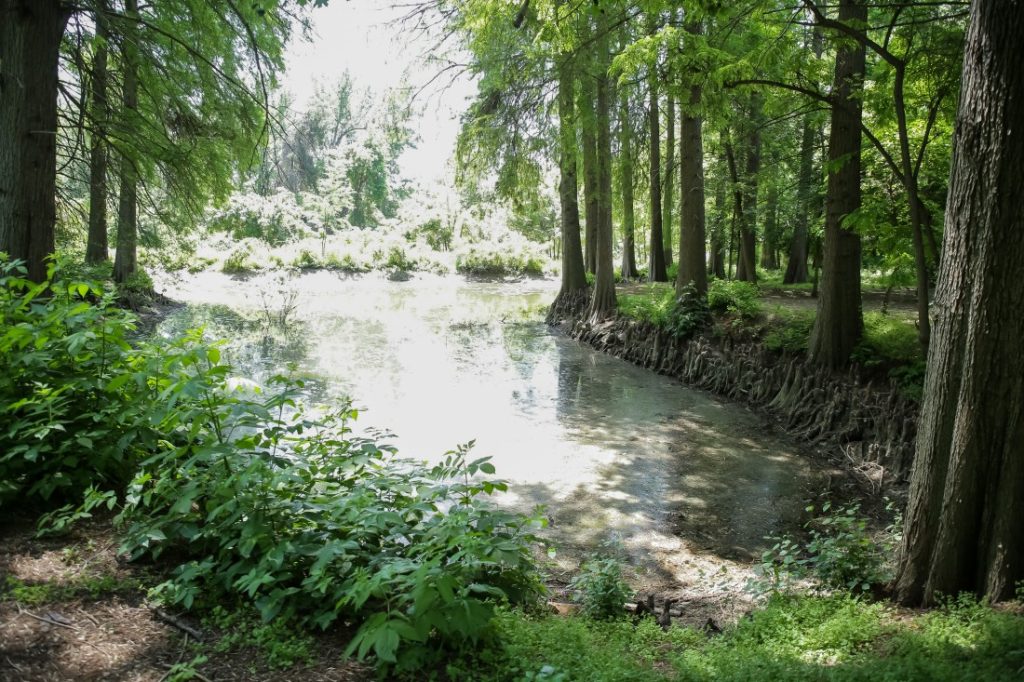
Kristy Raines celebrates aspects of love: care for the natural world and compassion for the struggling around the globe. Anindya Pal remembers a warm afternoon redolent with the aroma of nature and dreams of love. Annie Johnson’s emotions soften with the arrival of twilight as she speculates on the future of her love amidst the twinkling stars, while Maja Milojkovic finds love and self-realization while immersing herself fully within a river.
Peter Cherches‘ story probes the connection between name and self-image and reflects on how we can change through the years.
J.J. Campbell finds moments of peace, or at least acceptance, in a litany of loneliness and longing. Taylor Dibbert speaks to self-reclamation after a breakup, while Zahro Shamsiyya evokes the questioning and bargaining stage of grieving after lost love.
Suyarova Mahliyo Muradxon’s piece reminds us that dramatic situations have backstories, relationships can be more troubled than they seem.
Jaylan Salah reviews Sierra Urich’s film Joonam, the story of different generations of Iranian-American immigrant women.
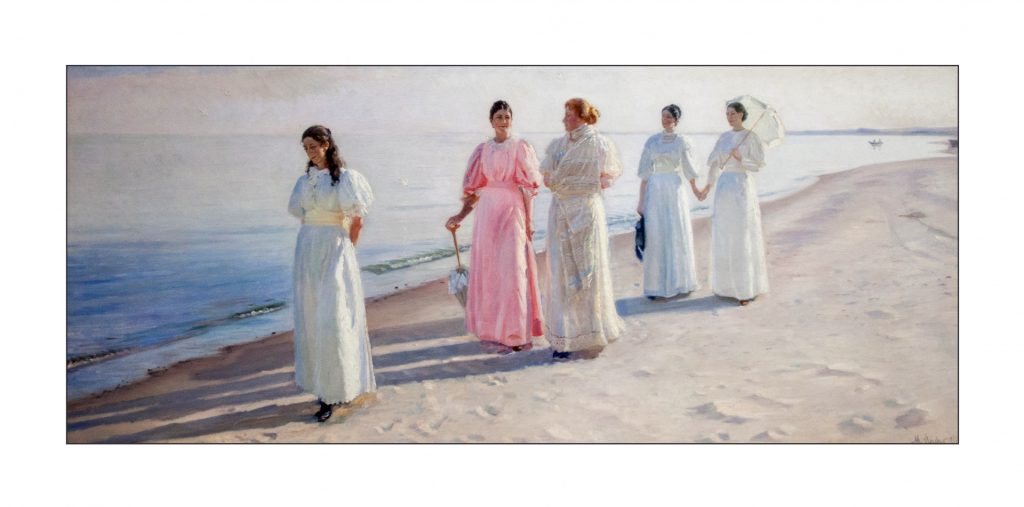
Eva Petropolou Lianou celebrates female strength and urges women to support each other, and reflects on her creative inspiration. Wayne Russell renders the precarity and beauty of the creative process.
Mesfakus Salahin memorializes a soldier who gave his life for national Bangladeshi independence, dying for his country’s birth.
Mykyta Ryzhykh speaks to the smaller and larger deaths and dislocations we experience, personally and globally.
Daniel De Culla mourns the absurdity of harming civilians and children in war while Faleeha Hassan comments that armed conflict can reduce all civilians to children searching in vain for comfort from their parents. Chimezie Ihekuna reflects on the economic promise of Nigeria and the instability that challenges foreign investors. Lilian Dipasupil Kunimasa addresses society’s combined exploitation of women, workers, and nature while Manzar Alam pleads with the world to put an end to war.
Finally, Elmaya Jabbarova urges all of us not to give up on the world, even if it seems about to die around us. We can start to repair where we are, with what we have.
Poetry from Odina Abdumuminova
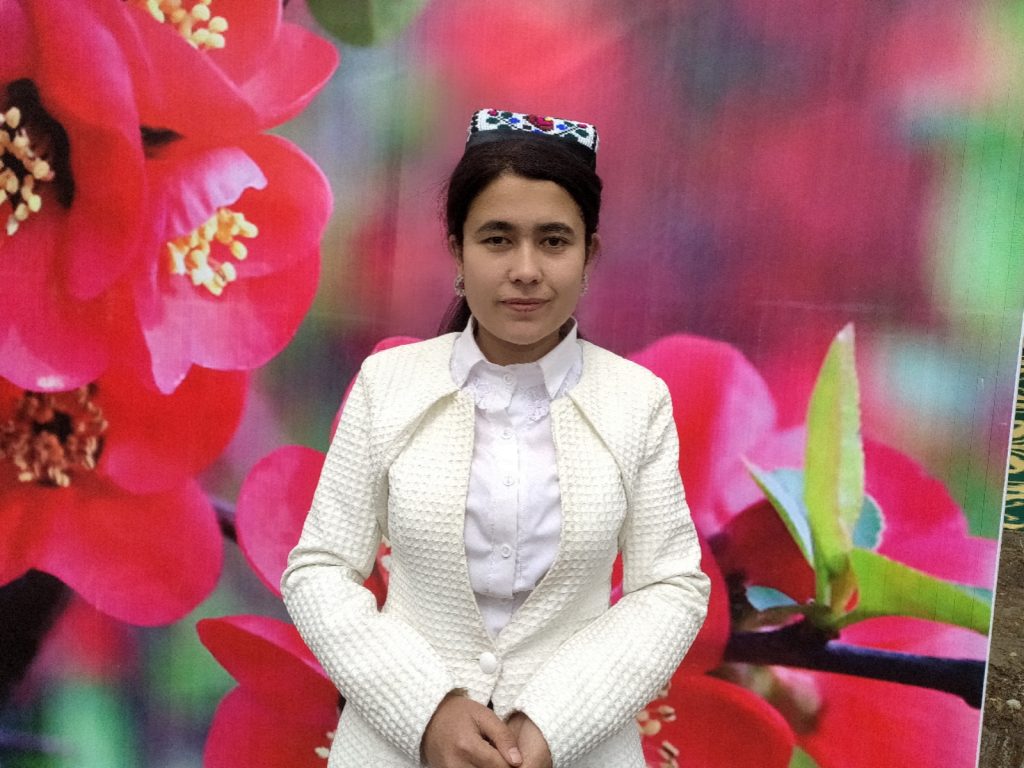
Your watch is broken
I built a castle of time,
By drawing picture of clock.
I created the work of art,
It was not just homework.
It is very beautiful, but
It doesn’t make sounds and work.
This is a simple painting,
My sister doesn’t know.
She looked at me and said:
“Sis, we have a problem.
It is well-composed, however,
Your watch is broken”.
Poetry from Iroda Abdullayeva
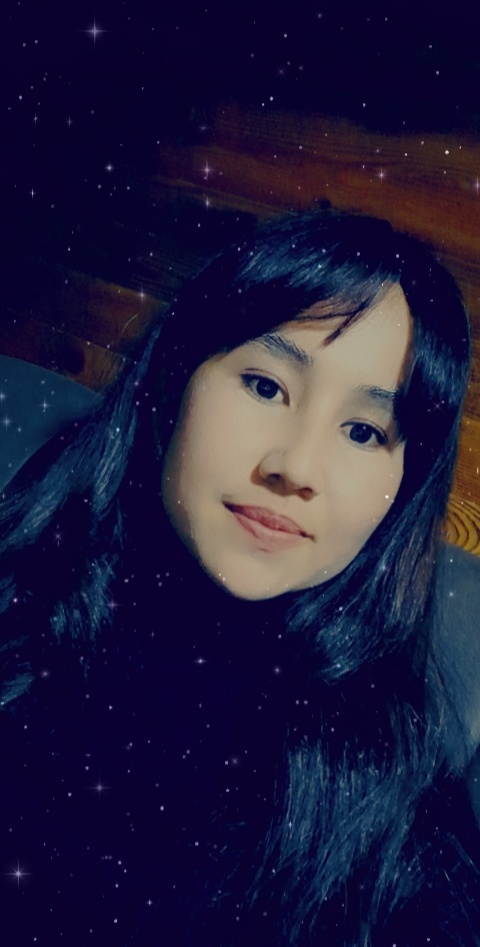
MY COUNTRY I was born in a rural village, people are friendly. you have high mountains, green gardens rich in fruit. When spring comes, your heart will be filled with flowers and flowers. Young children will have fun flying kite everywhere. The farmer will work hard and gather food for you. a shepherd driving his lambs walks over the mountain and the rock When I was a child, you counted the stars at night. At night, playing hide-and-seek, In the streets where I hid. Hot bread in the ovens, Norin, ko'ksomsa, sourdough bread young and old with a smile when a guest comes, he waits quickly
Poetry from Ayganim Beknazarova

Nawruz has come Nowruz has arrived happy days have come. Nowruz has arrived all the lands are filled with flowers. Nowruz has arrived Everyone laughed happily. Nowruz has arrived The whole world was filled with light. Nowruz has arrived All the places were beautiful. Nowruz has come Young and old laughed. Ayganim Beknazarova. in 2010 Navoi region, she was born in the village of Keregetau in the Tomdi district, and now he is studying in the 7th grade of the general secondary school No. 9 located in the village of this district. Participated in contests held in Navoi region and won the nomination of "the most active reader". He is a writer, writes poems, fairy tales and stories. He is a member of the creative children's club in Uzbekistan. Poems and stories of the young artist were published in countries such as America, Great Britain and Germany.
